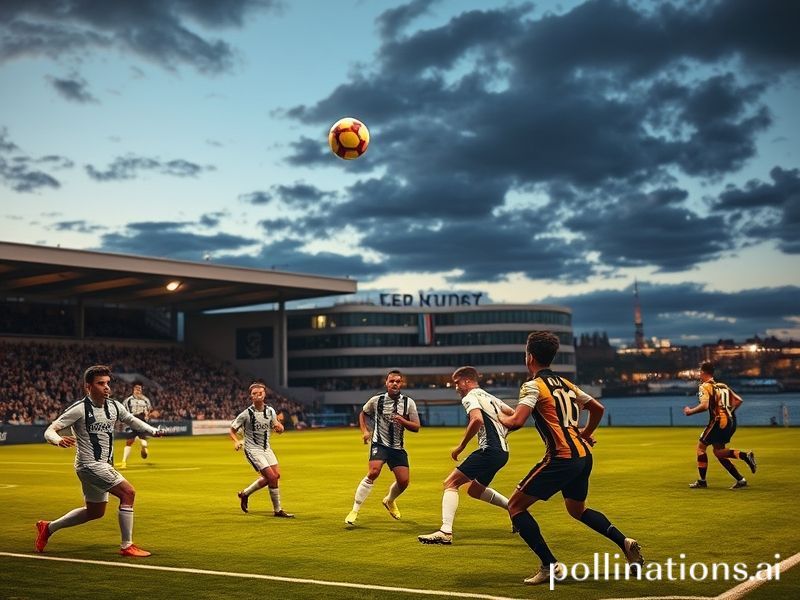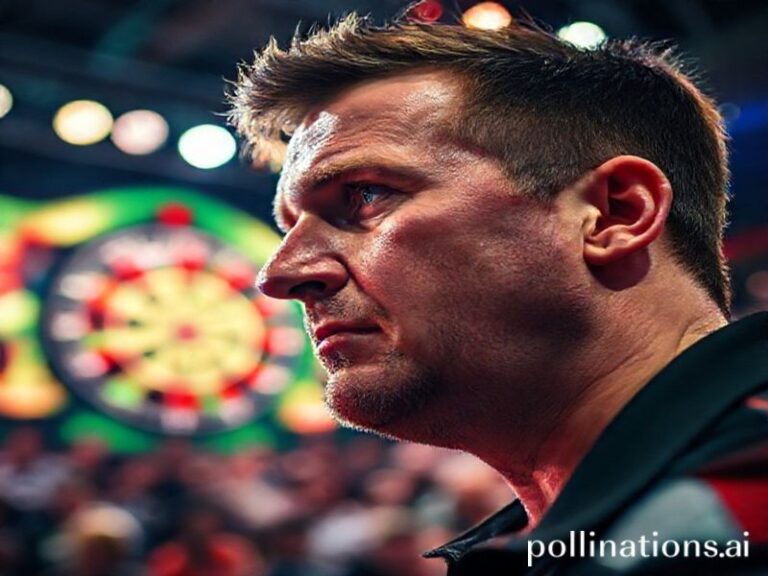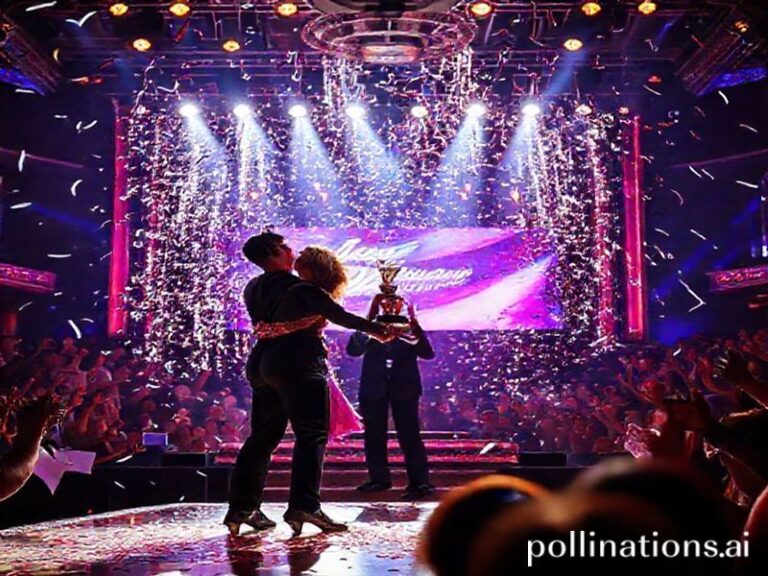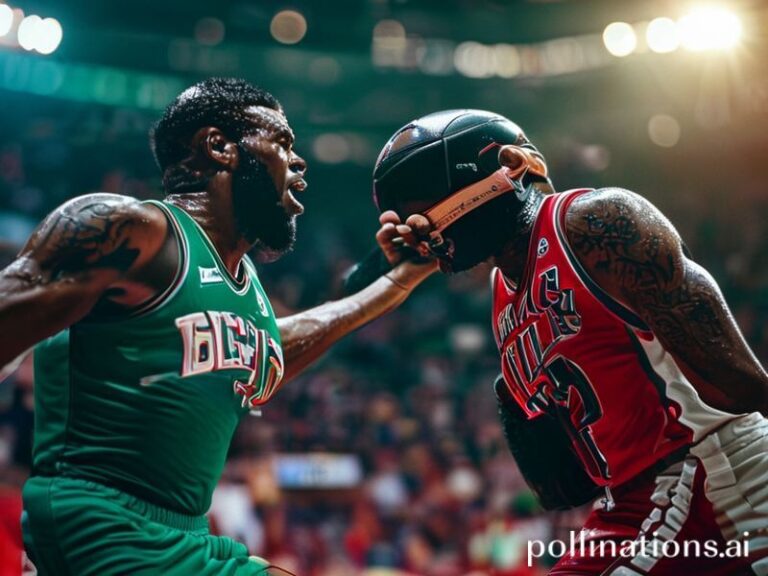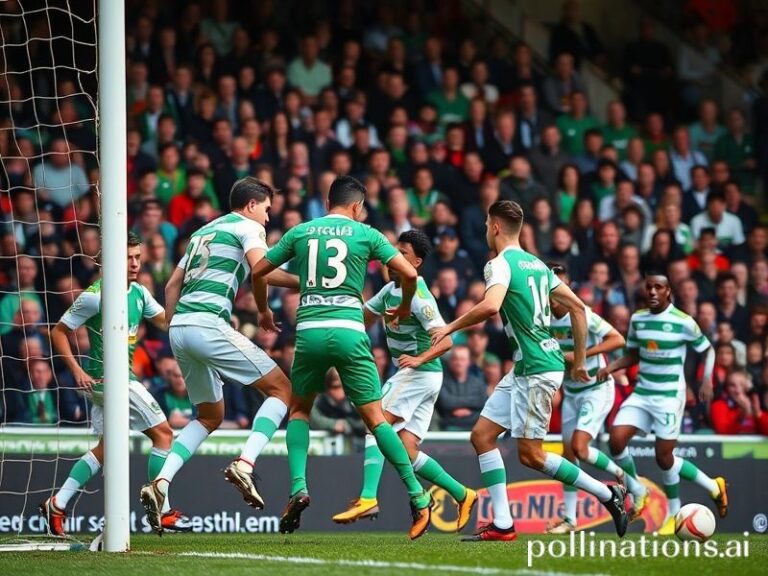Fulham vs Cambridge: The Tiny Match that Briefly Ruled the World—and Why Jakarta Suddenly Cares
Fulham vs Cambridge United: When the World Stops to Watch a Game Nobody Really Wanted to Watch
Craven Cottage, that quaint, riverside dollhouse of a stadium, will briefly become the gravitational center of the known universe tonight as Fulham—flush with parachute-payment pocket change and the existential dread of mid-table obscurity—host Cambridge United, a club whose last brush with continental relevance came when a misplaced UEFA atlas listed them in the Cambridgeshire Department of France.
To the uninitiated, this is merely an FA Cup third-round replay, a fixture so charmingly English that even the rain feels obliged to queue. Yet zoom out—far enough that the Thames becomes a squiggly line on a Bond-villain monitor—and you will see delegations from five continents pretending to care. Tokyo sports desks are running live tickers because their algorithms have determined that any match including Aleksandar Mitrović triggers more dopamine in gambling apps than the average Japanese workday. In Lagos, viewing parties have sprouted like mushrooms after a coup, chiefly because the local satellite provider bundled the game with reruns of Peaky Blinders. Meanwhile, in a windowless room in Zurich, FIFA executives are quietly updating spreadsheets titled “Soft Power via Obscure Cup Fixtures,” because nothing says geopolitical clout like persuading 200 Guinean villages to stream a game featuring a right-back on loan from Antwerp.
The geopolitical subplot is exquisite. Fulham, owned by an American billionaire who also dabbles in NFL disappointment, represent the latest attempt to export the Premier League brand to places that already have perfectly serviceable insomnia. Cambridge, by contrast, are the plucky underdogs of Brexit Britain: a university city that voted Remain, now forced to seek solace in the idea that beating a side worth more than the GDP of Tonga counts as progressive politics. Somewhere in Brussels, an unnamed Eurocrat is drafting a white paper suggesting that upsets of this magnitude could replace the Erasmus scheme as the UK’s primary cultural exchange program.
On the pitch, the disparity is comedic. Fulham’s bench costs more than the entire Cambridge squad, its backroom staff, and the Abbey Stadium’s turnstiles combined. Yet that is precisely the point: in an age when Jeff Bezos can buy the moon but still can’t make it interesting, the Cup offers the last reliable parable of hope. Every misplaced pass by a £30-million midfielder is a tiny revolution; every Cambridge chant about “agricultural studies” is a protest against the commodification of human joy.
Over in Beijing, state broadcasters have clipped the match into a 90-second explainer titled “Why Capitalist Decadence Cannot Defend Set Pieces.” Moscow’s sports channel, never missing a chance for propaganda, has already prepared a graphic implying that Cambridge’s defensive shape resembles the 1943 Battle of Stalingrad, minus the snow and ideological coherence. Even the Pentagon’s think-tank in Arlington has run simulations: a Cambridge victory, they concluded, would spike global memes by 4.7 percent, destabilize TikTok for eleven minutes, and marginally improve U.S. soft power among people who pronounce it “soccer” but secretly prefer tragedy.
And so, at 19:45 GMT, the whistle will blow and, for 120 minutes or however long it takes for penalties to crush someone’s childhood dream, the world will pretend this matters—because, in truth, it does. Not for the silverware, which looks like an IKEA lamp designed during a particularly depressing coffee break, but for the fleeting illusion that entropy can be reversed by a well-timed header from a part-time substitute teacher.
Final score? Irrelevant. The real winner is the multinational circus that sells us the delusion that tribal loyalties can still be purchased by a monthly streaming subscription. When the floodlights dim, Fulham will fly to Dubai for warm-weather training, Cambridge will return to League One’s cold embrace, and the planet will keep spinning toward whatever fresh abyss awaits tomorrow. But somewhere, a kid in Jakarta just learned to pronounce “Mitrović,” and that, dear reader, is how empires quietly renew themselves—one meaningless replay at a time.

